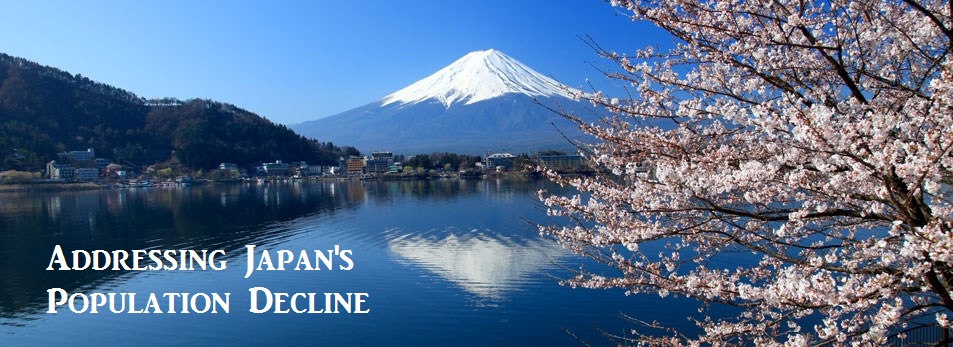The Antipolitics Machine: James Ferguson with Larry Lohmann
Humanitarian aid has always been viewed as a positive outlet for wealthy countries. Developing countries are always described in such a way that makes it dutiful for other countries to offer help in the form of development programs. Ferguson’s article focuses on Lesotho, South Africa and the true effects of the assistance given from 26 countries. The millions of dollars that have been poured into these programs are a result of inaccurate claims made by agencies; these claims exaggerate and in some ways lie about Lesotho’s true economic and agricultural status. However, the target of these programs are failing due to the short term nature of the programs, and residential immunity to the so-called aid. Despite the failure of the intended purposes of the programs, there have been benefits seen in the structure of government by “expanding the exercise of bureaucratic state power”. Ferguson addresses these ongoing failures and poses the question on the readers and those in the position of aid agencies. The discomfort that this topic usually brings is the underlying barrier of the success of these development programs. Upon reading the article, the solution is easier said than done: The lack of social, political, and ethnographic understanding must be enhanced. I wanted to use this article to relate the possibility of enhanced immigration to Japan. Although this is not a humanitarian aid effort by any means, there is a need to be fulfilled by help overseas: Japan’s economy needs immigrants. In Japan Today, an article states that Japan has issued 9 zones throughout the countries as strategic areas for immigrants. In hopes to revive the economy and prepare for the effects of population decline, the immigrants would work and eventually bring diversity to the country. (Japan Today 2015) Relating this to the Antipolitics Machine was not meant to highlight the downfalls of humanitarian aid compared to possible downfalls in immigration, but identify a possible area for international involvement.
From The Ecologist, vol. 24, no. 5 (1994):176–181. Used by permission of The Ecologist.
